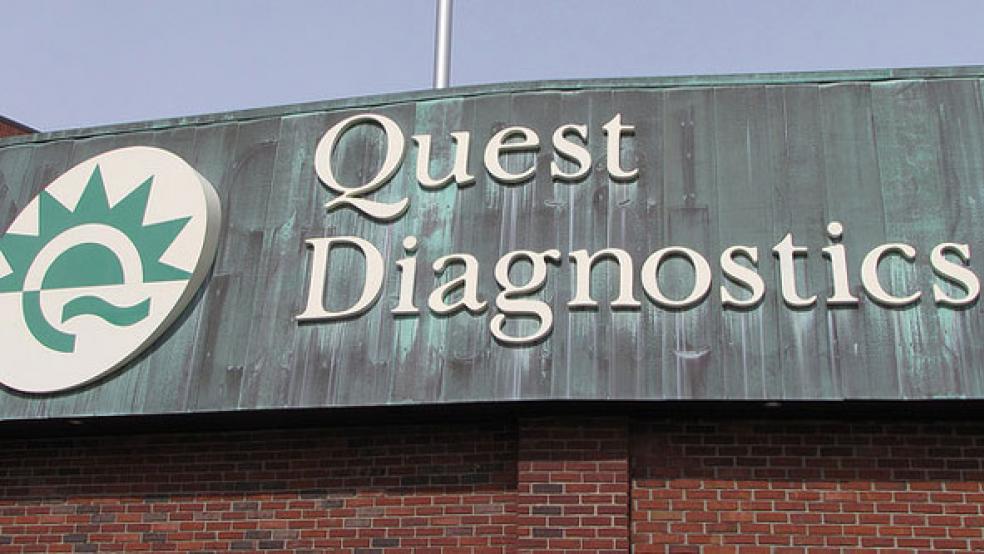It may have been a difficult year for companies and regulators trying to decipher and navigate the details of Obamacare, but it’s turned out to be a good time for healthcare bankers and their clients.
Take last week: While all eyes were on the $530 million Delphi Automotive IPO (DLPH) -- marking the latest stage in its post-bankruptcy life -- a total of six healthcare companies raised $1 billion of new capital from investors by selling stock, according to data from Dealogic. Leading the way was the jumbo $650 million follow-on stock offering by CIGNA Corp. (CI), underwritten by Morgan Stanley, Citigroup, and Deutsche Bank. The flurry of deals included one IPO, of Clovis Oncology, a $130 million deal led by JPMorgan Chase and Credit Suisse.
This has already been the best year for healthcare deals since 2007, and the best year for healthcare IPOs in more than a decade, thanks to the jumbo $4.4 billion initial public offering of HCA (HCA) by the buyout firms that acquired it a few years ago. Unfortunately, the sector has struggled just as much, if not more, than the broader stock market. HCA, for instance, ended last week at about $25 a share, below its $30 IPO price.
Vanguard Health Systems (VHS) priced its stock at $18 a share in its June IPO; the stock now trades at $10.50 a share. The majority shareholder of Quest Diagnostics (DGX), an affiliate of GlaxoSmithKline, sold stock in Quest to the public at $56.25 in February; Quest now changes hands for about $55.21.
Of course, past results aren’t always indicative of future results, as any mutual fund prospectus will remind you. Still, with a backlog of nine more healthcare companies hoping to make their debut in the coming weeks and months, this kind of track record might well cause you to stand back and applaud the courage and achievements of the bankers who are bringing the deals to market rather than queue up to buy the next deal on their list.






